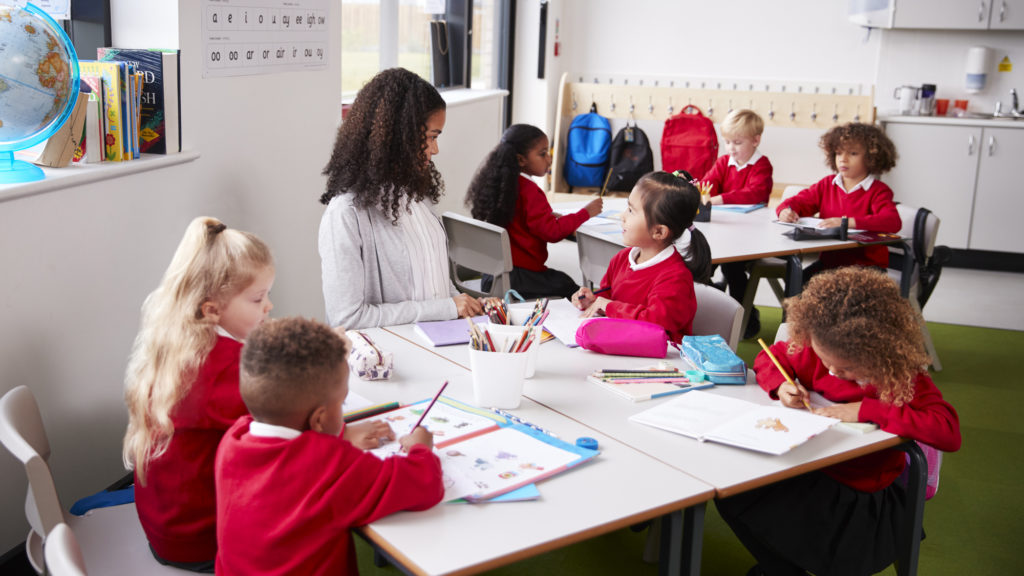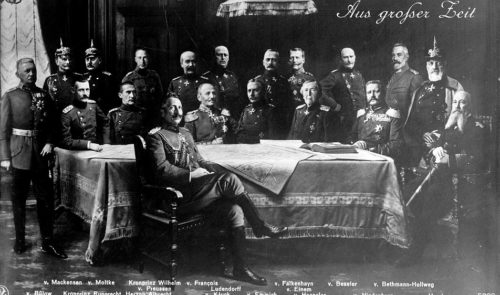
Research by the Cambridge’s Faculty of Education has fundamentally shifted the teaching of oracy (how to use speaking and listening skills effectively) in classrooms across the UK. In particular, the Faculty’s Oracy Skills Framework (OSF) has significantly informed pedagogical and curriculum development in over 1,100 schools in the UK and beyond.
Underpinning the OSF is research by the Faculty aimed at bridging a gap in education: the fact that no ‘teacher-friendly’ framework existed that explained the physical, linguistic, cognitive and social skills associated with the development of oracy. The resulting OSF acknowledges that students need to be taught how to employ talk effectively across a range of social contexts, helping them to think, learn and express themselves; this requires the ability to utilise the component skills of oracy. A key component of the new Welsh curriculum, Oracy is now in use in all Welsh schools.
These research findings were applied directly to teacher development and classroom practice through Research Lesson Study (RLS), a UK variation of its Japanese antecedent that was developed and pioneered at Cambridge. RLS research focuses on enabling teachers to work together to understand how to develop classroom learning, including how to bring knowledge of the development of oracy skills into their day-to-day practice.
RLS is used in the UK in an estimated 20% of English schools and in increasing numbers of schools in Wales, Scotland and Northern Ireland. Used by teachers focusing on a range of classroom subjects and behaviours, it has led to demonstrably improved skills levels, student outcomes (e.g. 4% increased mathematics attainment) and sustained teacher engagement in professional development (e.g. sustained voluntary participation by 50 schools in London). RLS projects focusing on the OSF have also contributed to significant improvements in the teaching of disadvantaged students.
Applied internationally, RLS has also been a central tool in Kazakhstan’s national education reforms and adopted by all 7,000 state schools in 2019 to drive its curriculum renewal. The RLS Handbook has been translated into nine languages and is widely used in the Netherlands, Belgium, Germany, Switzerland, Greece, Russia, United Arab Emirates, Palestine, Turkey and Indonesia.


